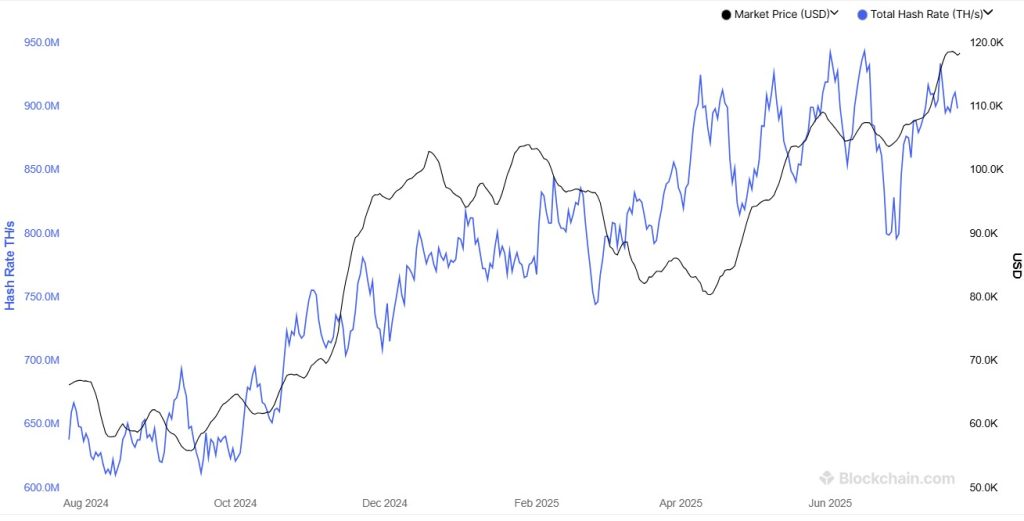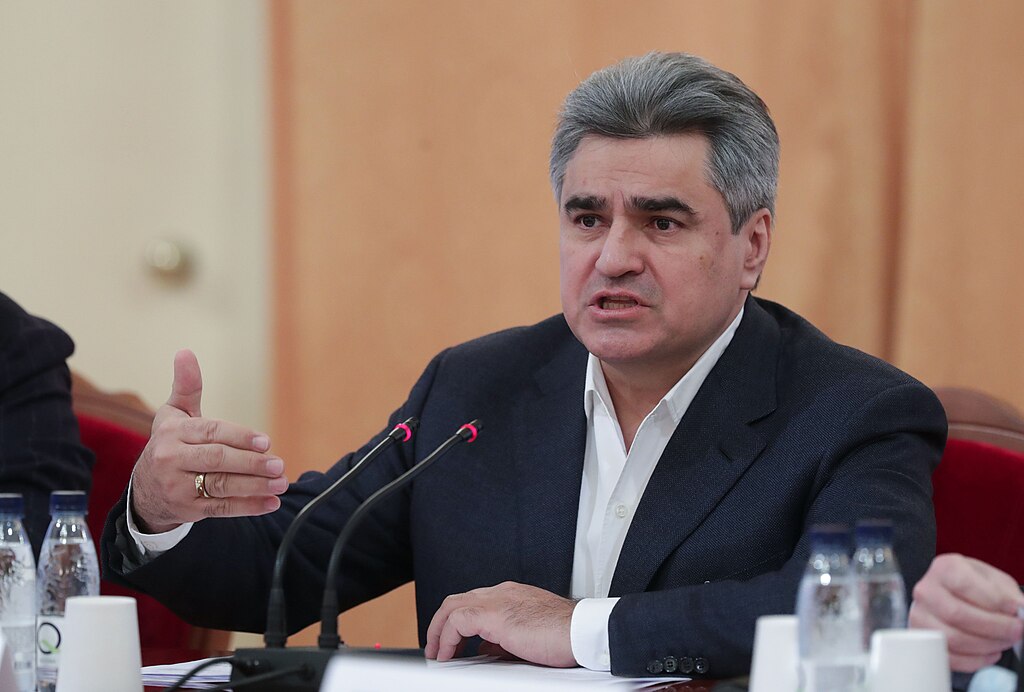In a remarkable surge reflecting the evolving landscape of cryptocurrency in Russia, a senior Moscow lawmaker has revealed that the number of registered crypto mining firms in the country has skyrocketed tenfold within just six months. As reported by the Russian media outlet RBC, more than 1,000 companies are now officially recognized by the Federal Tax Service (FTS) as engaged in legal crypto mining activities. This trend has ignited conversations among politicians about the pivotal role that cryptocurrency may play in the future of Russian businesses.
During a recent plenary session of the State Duma, Alexey Nechaev, head of the New People Party, expressed an optimistic outlook, stating, “When crypto mining was emerging in Russia, there were many who wanted to ban it. But it is clear now that the future belongs to crypto-assets. Mining will continue to develop.” His statement not only highlights the government’s shift toward embracing crypto mining but also signals a broader acceptance of digital currency on the national stage.

According to Nechaev, the FTS has recorded an incredible tenfold increase in the number of “white” miners since the beginning of the year. This growth has been facilitated by new regulations that require any crypto mining operation consuming more than 6,000 kWh of electricity monthly to register with the government. These measures ensure not only a clearer structure for mining operations but also a pathway for taxation, bringing potential annual revenue of over $500 million into the Russian Treasury, as per industry leaders.
Nechaev emphasized the benefits of regulation over prohibition by stating, “Driving people into the shadows with fines and bans is not an effective strategy.” With the introduction of the new law last fall, miners now have a framework that acknowledges their operations rather than pushing them into a grey area. Before these regulatory changes, only 91 companies had registered their mining activities, while the current stats reflect the government’s effort to foster a legitimate crypto market.

This progressive approach has been welcomed by the industry, as Nechaev noted that miners previously struggled to declare their activities due to their quasi-legal status. This lack of recognition sometimes led to overwhelming demands on local power grids, resulting in rolling blackouts and energy shortages in mining-affected areas. Today, however, the narrative is changing.
Turkish Foreign Minister Fidan speaks after Russia and Ukraine peace talks https://t.co/f4gqZC5IJc— Reuters (@Reuters) July 23, 2025
The shift is not solely about compliance; it’s also about investment. Nechaev indicated that the robust mining operations are now looking towards future technologies, with industrial miners reportedly investing around 5 billion rubles (approximately $63 million) this year alone in artificial intelligence (AI) advancements. This trend underscores miners’ commitment to enhancing their operations and contributing to Russia’s tech landscape. By fostering a reliable mining environment, they are opting to reinvest their profits within the country rather than sending resources abroad.
As a nod to Russia’s growing prominence in the global crypto landscape, the Association of Industrial Miners asserts that the country is now routinely ranking as the second-largest Bitcoin (BTC) producer worldwide, trailing only behind the United States. Current statistics reveal that Russian miners have collectively achieved a hashrate exceeding 150 EH/s (exahash per second), contributing around 16.6% to the global hashrate. Domestic experts estimate that approximately 40,000 BTC—valued at about $4.7 billion—was mined in Russia throughout 2024, revealing the immense potential of the local market.

The momentum is only strengthening. Recently, a key Russian policymaker proposed the idea of seizing cryptocurrencies from illegal miners, signaling a strict stance towards unauthorised operations. This shift aims to formally recognize cryptocurrencies as intangible assets, which would empower the courts to act against illicit activities in the sector.
In conclusion, the burgeoning crypto landscape in Russia demonstrates a promising pivot from reluctant acceptance to proactive engagement. With the government backing the mining sector and putting regulatory frameworks in place, Russia is establishing itself as a formidable player in the global cryptocurrency market. This evolution not only paves the way for economic growth but also raises intriguing questions about the future of cryptocurrency within the nation, and indeed, the world. What implications will this have for the future of global crypto markets? Only time will tell.
